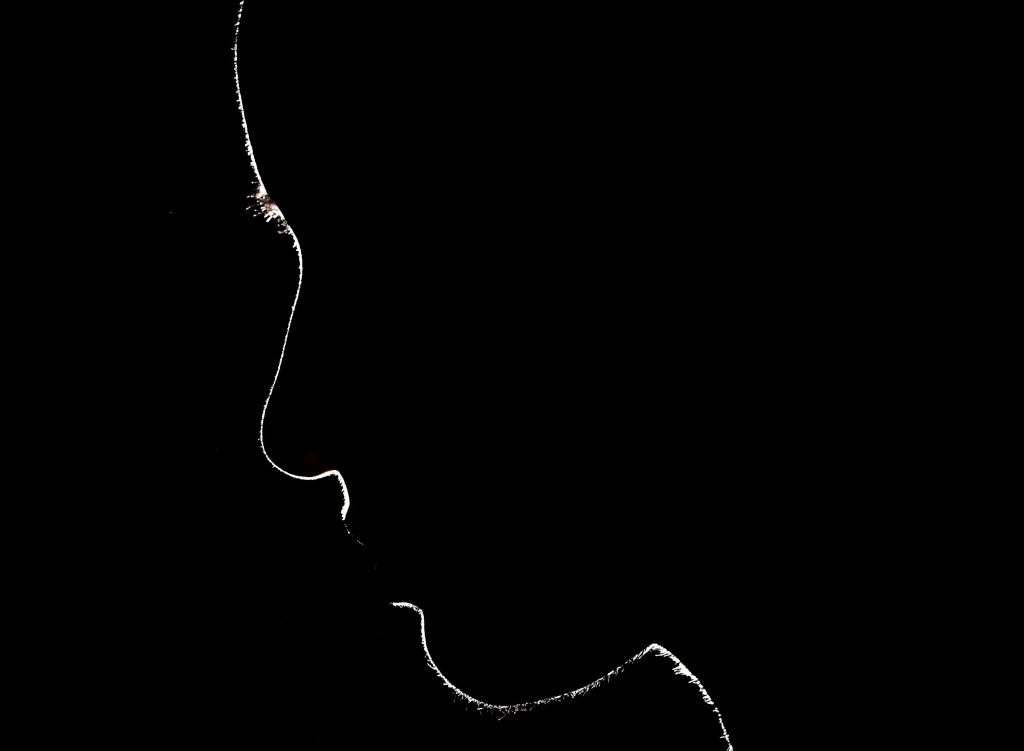Breast Ironing is the process whereby young girls’ breasts are ironed, massaged and/or pounded down through the use of hard or heated objects in order for the breasts to disappear, or delay their development.
The United Nations states that Breast Ironing affects around 3.8 million young women worldwide. It is widely spread in West African countries such as Cameroon, Guinea-Bissau, Chad, Togo, Benin, and Guinea-Conakry, but also occurs in some regions of East and Central Africa. In Cameroon, it is thought that up to 50% of girls as young as 10 years old undergo terribly painful breast ironing on a daily basis.
It is commonly performed by family members, most of the time by the mother. The abusers can think they are doing something good, by protecting the girl against sexual harassment and delaying the effects of puberty so that she can continue her education, rather than early forced marriage.
But in reality girls experiencing Breast Ironing are exposed to significant health risks including cancer, abscesses, infection, tissue damage and even the complete disappearance of one or both breasts. The practice is also extremely psychologically damaging.
While there is no UK law specifically outlawing Breast Ironing, it is a form of physical abuse. If professionals are concerned a child may be at risk or suffering significant harm they must refer to their local safeguarding referral agency. Like FGM, the practice is happening in the UK, but due to the hidden nature of the act it is difficult to detect.
For more information check out: http://www.cawogido.co.uk/breastironing.php
When recognising Breast Ironing professionals need to be aware of the following:
- Young pubescent girls usually aged between 9 – 15 years old from practising communities are most at risk of breast ironing.
- The girl generally believes that the practice is being carried out for her own good and she will often remain silent. Often the father remains completely unaware.
- The girl may exhibit unusual behaviour after an absence from school or college including depression, anxiety, aggression, being withdrawn, reluctance in undergoing normal medical examinations, fear of changing for physical activities due to scars showing or bandages being visible.
- Some girls may ask for help, but may not be explicit about the problem due to embarrassment or fear.
